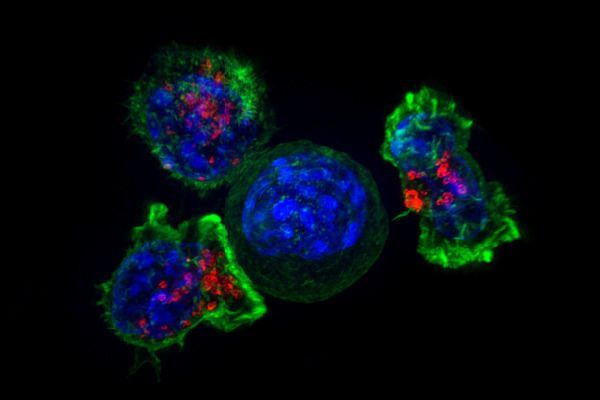Researchers at Georgetown Lombardi Comprehensive Cancer Center have decoded a chain of molecules that are critical for the growth and survival of pancreatic ductal adenocarcinoma (PDAC)—the most common and also the most lethal form of pancreatic cancer.
They say their findings, published in Developmental Cell, suggest that inhibiting this “Yap” biological network may effectively regress early stage PDAC and could be paired with other drugs to halt more advanced stage tumors. Yap inhibitors have been developed and are moving into clinical trials.
Their study builds upon Georgetown Lombardi research that previously identified Yap as an oncogene central to the initiation of PDAC as well as a variety of other cancers. In the current study employing advanced animal models, they have managed to switch off Yap in pre-established PDAC tumors, and discovered that suppressing Yap blocks the metabolic pathways that provide the fuel and building materials for maintaining the growth of the cancer.
